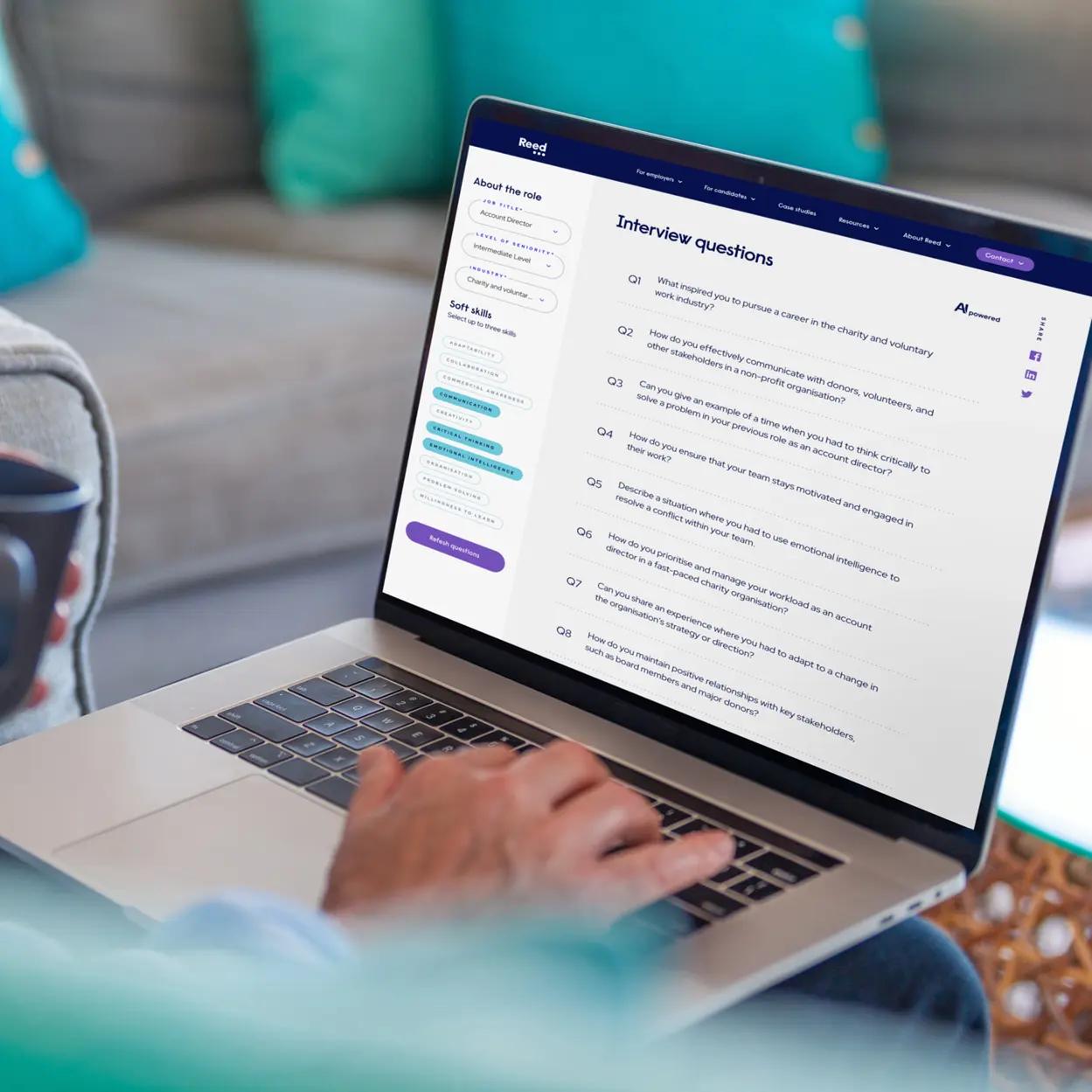A key milestone in the offboarding process, the exit interview provides the opportunity for employers to learn what has led an employee to leave an organisation.
Employees are your greatest asset for driving organisational success – it is essential to learn from them.
Exit interviews fulfil far more than simply gathering information:
They are your best opportunity to gain valuable and honest insight into your team and organisation
Help reduce future turnover and save money associated with the hiring and training of new employees
Provide closure to both parties
Demonstrate empathy - you care what your employees think
Highlight your dedication to adaptation and evolution
Give insight, helping to improve
Allow you to advise of any restrictive covenants and legal policies - minimising the likelihood of any potential legal problems
An employee can be a great advocate – word of mouth is the best review
How to conduct an exit interview
The discussion itself needs an objective interviewer, meaning that an HR professional is better placed than a line manager to conduct the consultation.
The face-to-face meeting should make the employee feel comfortable and open to providing honest feedback, so find out if they would prefer something less formal than a meeting in a conference room.
Ensure you highlight how much you value their honest and constructive feedback and, when doing the interview itself, the leaver feels appreciated and that their observations will be heeded.
Types of question to include in the exit interview
Ask departing employees open-ended questions, allowing them to fully explain their reasons for leaving and observations about the organisation. Include a mix of yes/no and rating scale questions to help you construct better data sets from the interview, while also allowing leavers space to explain the reasons for their answers.
Questions should be the same across the organisation to both maintain consistency and also allow you to spot patterns and trends. Send the employee the questions ahead of time to indicate this is the interview structure you will be using. This gives them time to construct effective feedback.
Include questions like:
What prompted you to leave?
What could you change about your current role to make it better?
Did you have the right tools and resources to effectively do your job?
Did you feel that your work was recognised and appreciated?
Would you recommend working for us to a friend?
Download our exit interview template and complete offboarding kit now.



